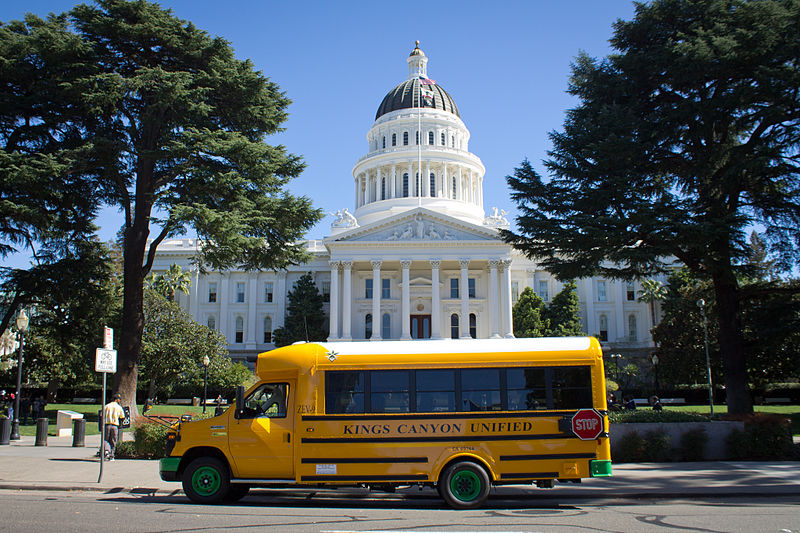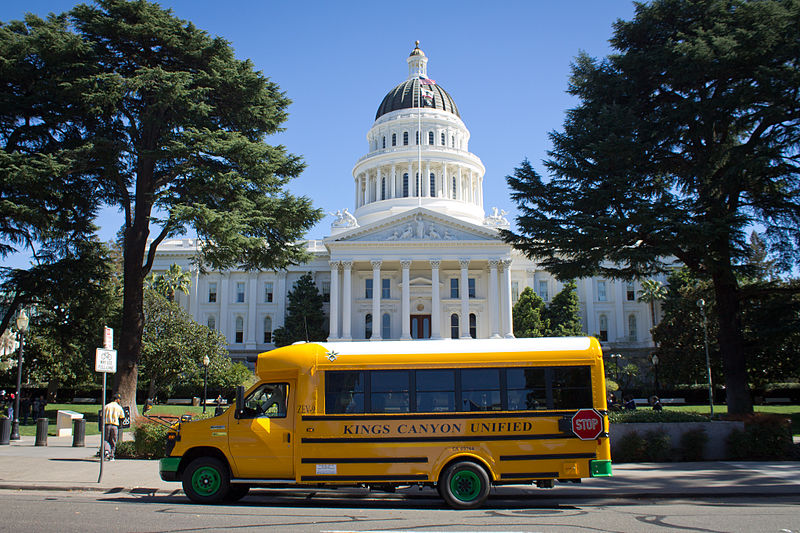The
2022-2023 Investment Plan Update increases funding for the CEC’s Clean Transportation Program by 30 times compared to 2019 with an additional $2.4 billion from the recent state budget that will be spent over the next four years and with at least 50% targeted to benefit priority populations. CEC staff estimates the plan will result in 90,000 new EV chargers across the state, more than double the
80,000 chargers installed today. Combined with funding from utilities and other programs, these investments are expected to ensure the state achieves its goal to deploy 250,000 chargers by 2025.
“This transformative investment will deploy charging and refueling infrastructure swiftly and equitably to make sure drivers of zero-emission cars and trucks feel confident they can refuel wherever they go,” said CEC’s Lead Commissioner for Transportation
Patty Monahan. “The plan will increase access to charging and hydrogen fueling for individuals, businesses and public agencies, while supporting our emerging manufacturing ecosystem and creating jobs. Most importantly, it provides critical funding to support the move away from dirty trucks and buses that have burdened our most vulnerable communities for too long.”
Last month, the California Air Resources Board (CARB)
approved a complementary plan for $2.6 billion in clean transportation incentives including consumer vehicle rebates and heavy-duty and off-road equipment investments. Both are part of Governor Gavin Newsom’s overall
$54 billion California Climate Commitment.
“Providing all Californians with the ability to charge zero-emission cars, and ramping up the infrastructure to charge trucks and buses sets the stage for the California’s needed transition to a clean transportation system,” said CARB Chair
Liane Randolph. “We look forward to continuing to work closely with our colleagues at the CEC as partners in this historical shift away from fossil fuel-powered cars to zero-emission vehicles to help clean the air — especially in communities that suffer from persistent air pollution.”
New Zero-Emission Vehicle (ZEV) Infrastructure Funding for 2022-2026
The plan approved today includes:
- $1.7 billion for medium- and heavy-duty ZEV infrastructure.
- $900 million for light-duty EV charging infrastructure.
- $118 million for ZEV manufacturing.
- $90 million for hydrogen refueling infrastructure.
- $97 million for emerging opportunities such as aviation, locomotive, marine vessels and vehicle-grid integration.
- $15 million zero- and near-zero-carbon fuel production and supply.
- $15 million for low-carbon fuels.
- $10 million for workforce development.
The funds will become available over the next four years and distributed to projects through a mix of competitive funding solicitations and direct funding agreements. Projects include direct incentive and rebate programs for individuals and businesses. The plan was informed by input from members of the
Clean Transportation Program Advisory Committee, the
Disadvantaged Communities Advisory Group, the state’s transportation and environmental agencies, the public and a broad range of stakeholders.
Created by Assembly Bill 118 in 2007 and reauthorized by Assembly Bill 8 in 2013, the Clean Transportation Program is one of the first transportation-focused funding efforts established to help advance the state’s climate change policies. Now in its 14th year, the program has been an essential part in making California a leader in zero-emission transportation, providing more than $1 billion to alternative fuel and vehicle technology projects that deliver health, environmental, and economic benefits to communities. Funding for the program is scheduled to phase out at the end of December 2023.
California surpassed
one million ZEV sales in 2021 and leads the country in all ZEV market metrics, including the highest level of public funding, the largest EV market share percentage, and the most extensive public charging infrastructure. The success of the state’s programs has led to ZEVs becoming
a top export and has spurred major advances in
manufacturing and job creation.





